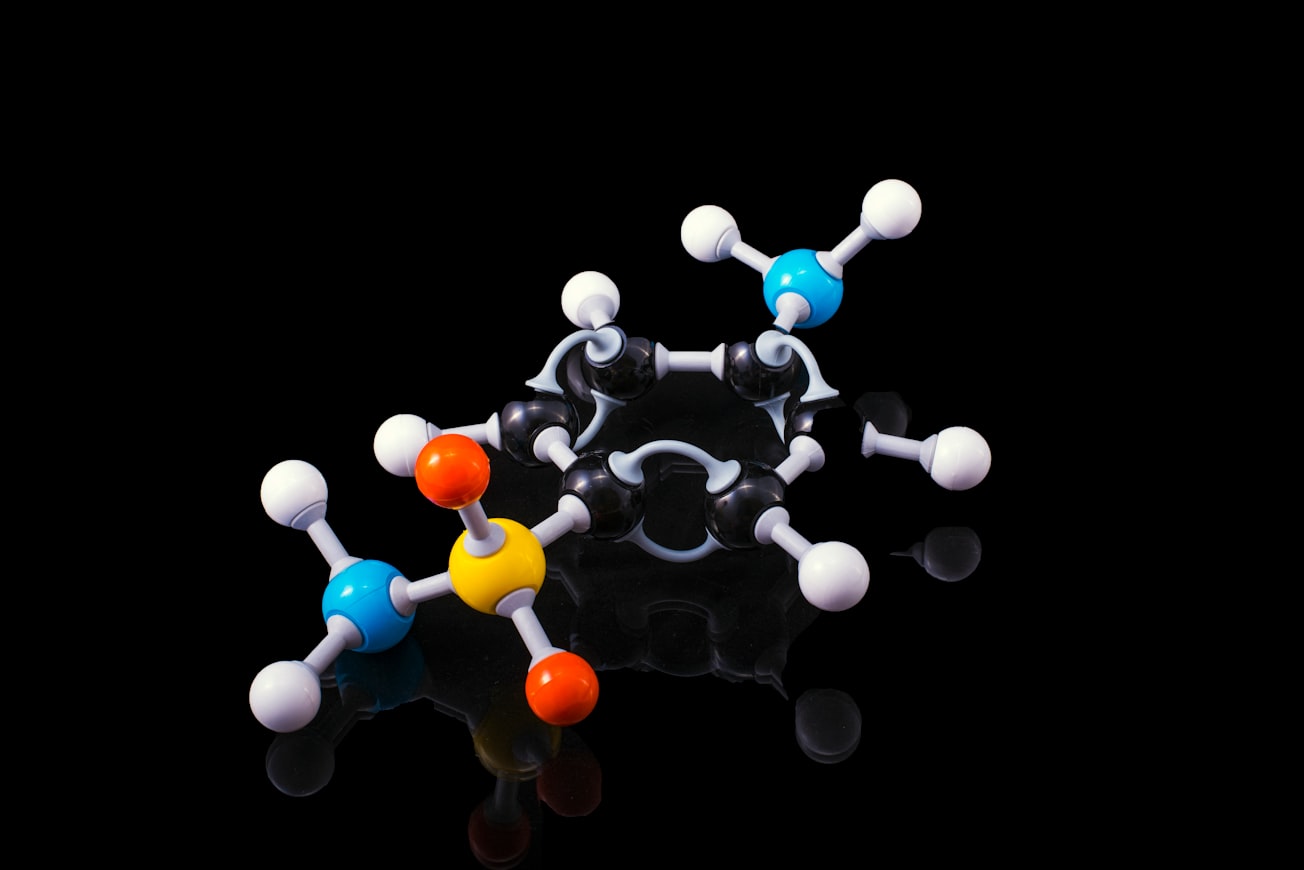What is it about?
This article covers the carbon nanomaterials, presenting important aspects such as main properties, synthesis methods, and the application of these materials in the development of electrochemical sensors for the analysis of drugs and compounds of clinical interest
Featured Image

Photo by Terry Vlisidis on Unsplash
Why is it important?
In this context, drug analysis is extremely important for quality control, to ensure that the medicine fulfills its role effectively without possible complications that could compromise the patient’s health and quality of life. In addition, analytical methods capable of determining compounds of clinical interest in biological fluids are extremely important for the indication of effective diagnoses.
Perspectives
From this review, it was possible to verify that the chemistry of nanomaterials is very dynamic. Applications such as determination of pharmaceutical compounds, disease diagnosis, and other medical applications justify the growing scientific interest in these materials. In this way, the electrochemical sensors became increasingly promising because of their relatively low cost compared to other conventional analytical methods, besides less reagent expense, quick and easy execution, making it possible and feasible to apply these devices in various analyses of environmental interest, food, and, in particular, analyses of drugs and compounds of clinical interest.
Arnaldo Pereira
Universidade Federal de Sao Joao del-Rei
Read the Original
This page is a summary of: Carbon nanomaterials: synthesis and applications to development of electrochemical sensors in determination of drugs and compounds of clinical interest, Reviews in Analytical Chemistry, September 2019, De Gruyter,
DOI: 10.1515/revac-2019-0017.
You can read the full text:
Contributors
The following have contributed to this page










